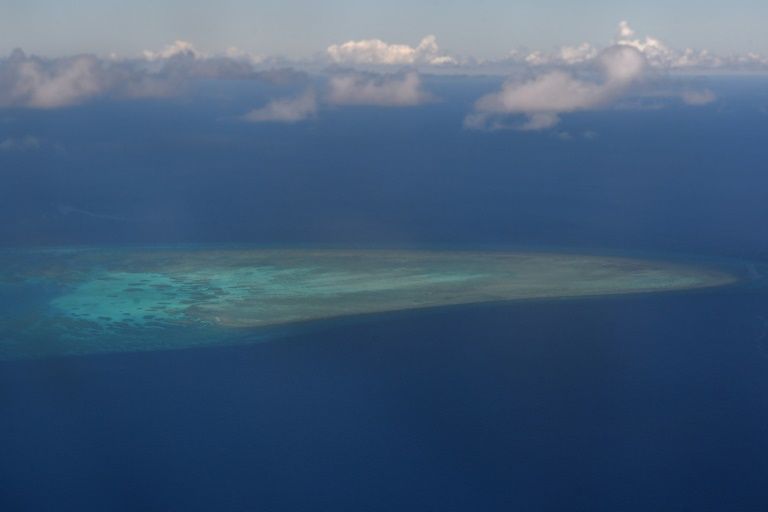PH raises concern anew over China's actions in SCS during code of conduct talks
The negotiations for the conclusion of a more binding Code of Conduct (COC) between the Association of Southeast Asian Nations (ASEAN) and China became the venue for the Philippines to once more raise concerns over Beijing’s recent aggressive actions in the contested waters.

“The meeting was an opportunity for the Philippines to strongly call for the need to adhere to international law, particularly the UN Convention on the Law of the Sea (UNCLOS) and the 2016 South China Sea Arbitral Award,” a statement from the Department of Foreign Affairs (DFA) on Monday, April 14, said.
“The Philippines voiced its concerns on the situation in the West Philippine Sea, especially with regard to recent incidents that posed risks to Philippine vessels and personnel, and actions by other countries that infringed on the Philippines’ sovereignty, sovereign rights and jurisdiction,” it added.
The statement underscored that the Philippines remains committed “to resolve disputes peacefully and to pursue constructive diplomatic approaches in managing differences at sea.”
Last week, a China Coast Guard (CCG) vessel shadowed and blocked the Philippine Coast Guard (PCG) vessel BRP Cabra 170 kilometers off the coast of Zambales.
This was after an incident earlier this month wherein the PCG detected a Chinese research vessel operating within the country’s archipelagic waters, or merely 58 nautical miles off Aborlan, Palawan.
Meanwhile, the DFA said that the meeting for the COC negotiations tackled “the paragraphs of the Draft COC, including the so-called milestone issues, in line with the commitment of ASEAN and China to conclude a substantive and effective COC in an early fashion.”
The Philippines hosted the meeting of the Joint Working Group on the Implementation of the Declaration on the Conduct of Parties in the South China Sea (JWG-DOC).
The JWG-DOC, which was co-chaired by Malaysia and China, was tasked to undertake COC negotiations that took place in Manila from April 9 to 11.
In 2023, the Foreign Ministers of ASEAN and China adopted the Guidelines on Accelerating the Early Conclusion of the Code of Conduct, agreeing to work towards the conclusion of the COC in the next three years.
The next round of negotiations is scheduled in Malaysia later this year.
The Philippines, including other ASEAN countries such as Indonesia, Vietnam, and Brunei, have claims on the resource-rich South China Sea, which is a vital sea lane for one-third of global maritime trade.